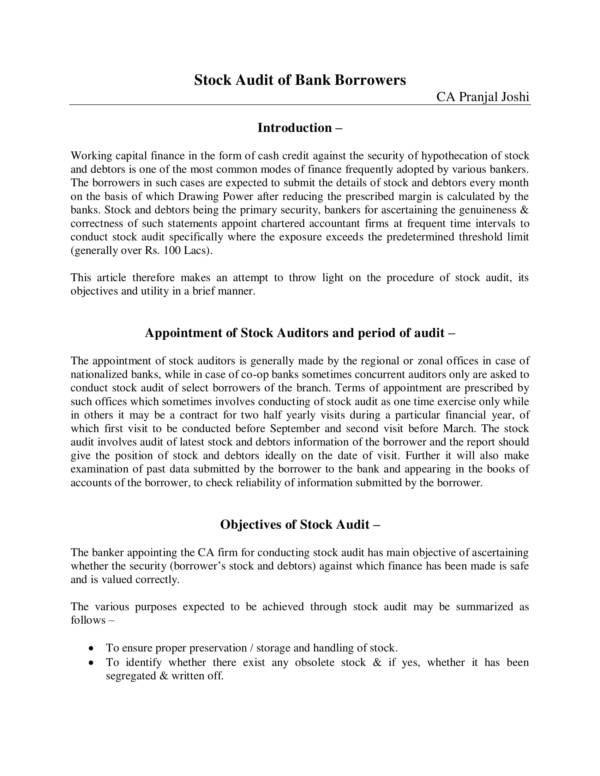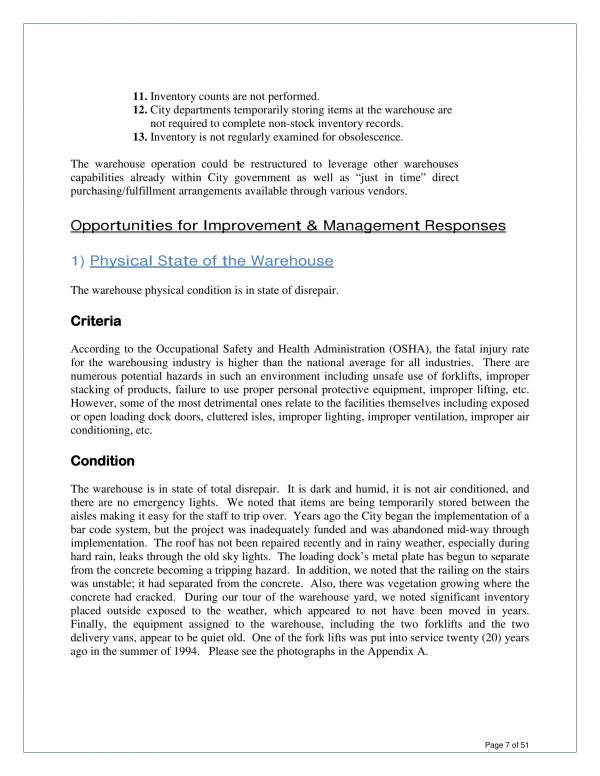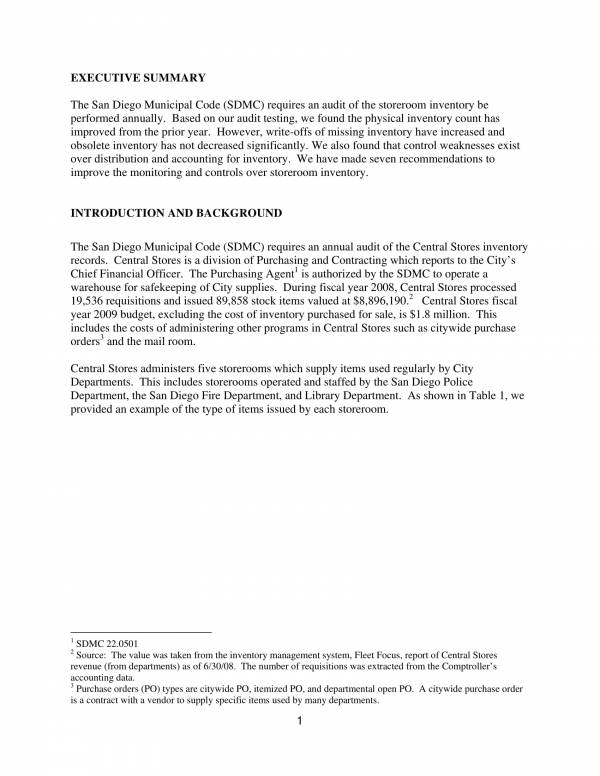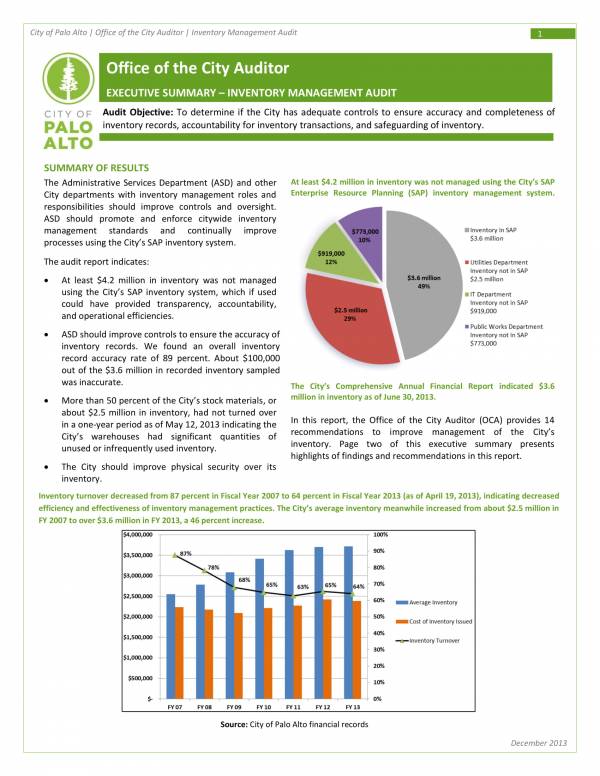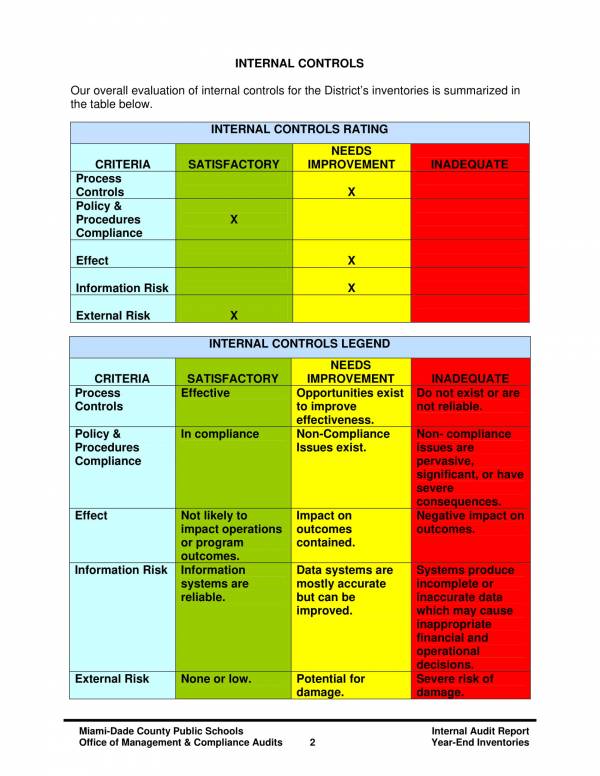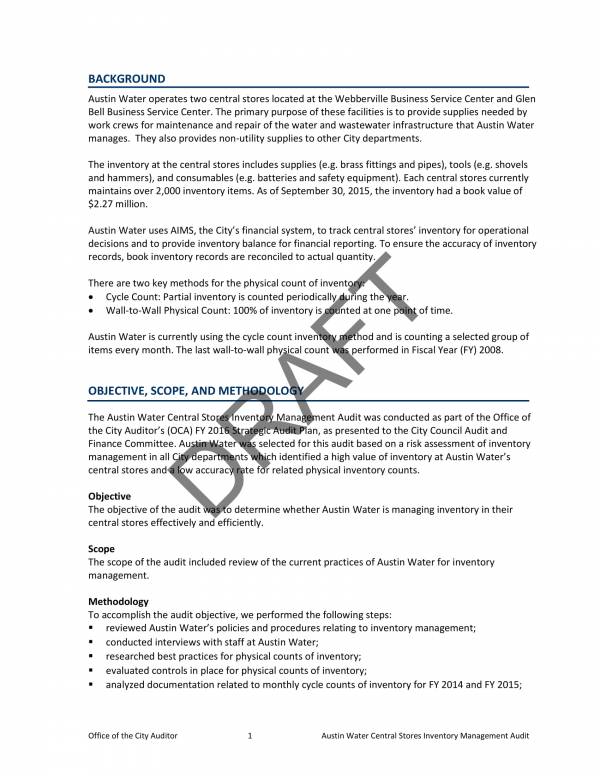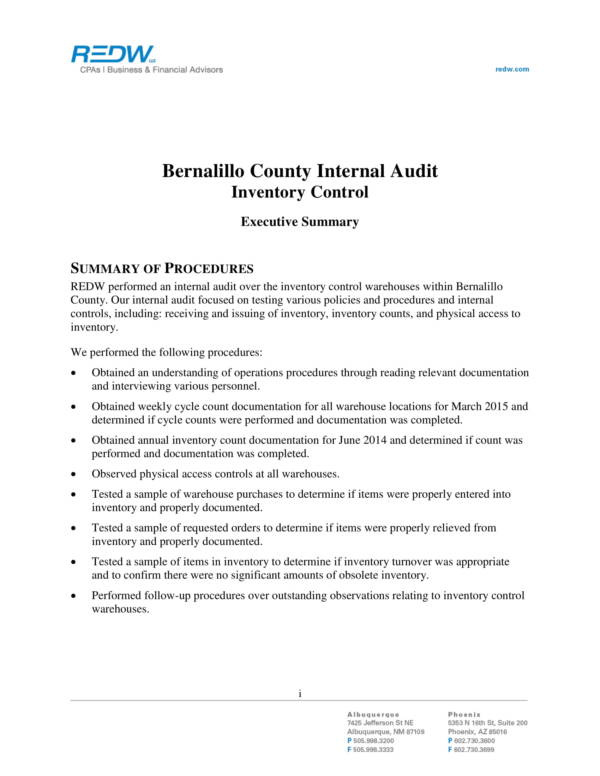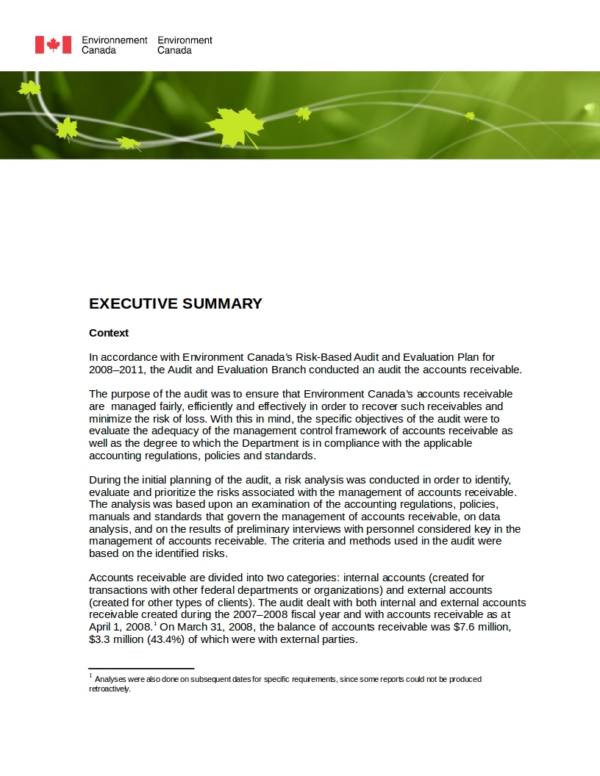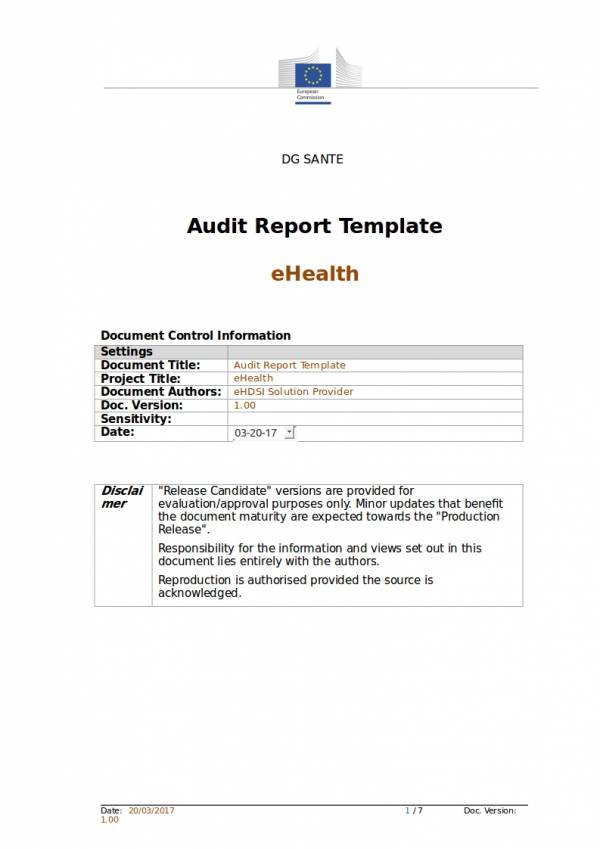How are businesses able to keep up or provide the demand of certain goods or products in the market? Businesses are able to do so with their stocks. Stocks are the products or services that are kept or stored in warehouses or within the business’ premises that are made available for sale or distribution. Sticking of goods or products is done so that the demand for such goods or products can be supplied without having to wait for a long period of time.
Stocks can be big or small depending on the size of the business as well as the types of clients that they serve. Stock auditing or stock inventories are performed to keep track and record of all the stocks and the stock related activities of the business. This is to ensure that everything is taken cared of according and to be able to determine if how much the business has spend and earned for a specific period. A stock audit reports is where all the details of the stock audit is recorded. Let us go ahead and learn about stock auditing and stock audit reports. Check out the stock audit report samples and templates provided here for your reference.
Stock Audit of Banks Borrowers
Audit of Warehouse and Inventory
Audit Report of the Central Stores Inventory
Inventory Management Audit With Response
Year End Internal Stock Audit Report
Audit of Inventories
What Is a Stock Audit Report?
Stock auditing is the process of checking and verifying the physical inventory of a business. It is a must for every business supplying or selling physical goods and other products to conduct a stock audit regularly. Auditing stocks allows the business to have a record of the products or goods that they still have, what they need to stock up on and what products or goods they were delivered. This way the business can keep track of all the stock related activities that they need to keep an eye one. Everything that has been checked and verified during a stock audit is then recorded in a stock audit report. Just like all other audit processes, the stock audit report is then presented or submitted to the authorities or to higher management.
Stock audit reports are important documents that are used as references or basis of something in a business or company. There are many uses to this document and they are as follows.
- A stock audit report is used to document the details or information about the existing stocks of the business that has been gathered during a stock audit.
- Annual stock audit reports provides important details that are used by businesses in their financial statements. The stock audit conducted for this reason are conducted in the presence of an external editor who does the audit for financial statements.
- A stock audit report is used as a basis for making important business decisions, like if the business should carry certain products again or what products are in demand in the market.
- Another use of a stock audit is to be able to determine the stock position of the business for a specific period of time.
Other audit related articles that you may find interesting are Tax Audit Report Samples & Templates and Information Technology Audit Report Samples & Templates.
What Are the Different Inventory Audit Procedures?
A number of inventory audit procedures are used and followed in conducted a stock audit. The use of these procedures depends on the preference of the auditor, and the appropriateness or applicability of the procedure to the audit being conducted.Here is a list of some of of the different inventory audit procedures. They are also briefly discussed below.
- Cutoff analysis – The halting process or how a business stops receiving further stocks in the warehouse or from shipments is what is being examined in the cutoff analysis. It mainly focuses on examining how the last few activities, such as shipping and receiving transactions, are conducted before the actual cutoff date for a particular inventory cycle. It is done to check whether your business is doing a proper accounting of their inventory.
- Observe the physical inventory count – Here, the auditors get involved in the counting of the physical inventory. What they will do is discuss the counting procedure and do actual observations on how they are done. The auditors will also personally do the counting or do a test count and compare it to the amount recorded in the business’ records.
- Testing of high-value items – High-value items catch the attention of auditors so they spend additional time auditing and accounting these high-value items. They makes sure that the said items are valued correctly and are recorded in the appropriate fields of the inventory ledger.
- Testing of inventory in transit – The transfer documents are being checked or examined here by the auditor to get details about the products or goods that are in transit as well as their origin and destination.
- Testing of the costs of the items – The costing of the your products are examined. This is done by checking where they came from or where they were bought.
- Testing for work-in-process – Work-in process inventory or WIP inventory refers to the products or goods waiting to be completed. What the auditor examines here is how you determine the completion percentage of the work-in-process items.
- Inventory ownership – This is done to ensure that the company actually owns the products and goods that are being purchased, and not owned by the customers or in consignment. Purchase records are examined to determine inventory ownership.
These are just some of the few inventory audit procedures, but there sure are more. If you need to learn more about audits and inventories, then you may find other related articles useful. Some examples are Sample Inventory Reports, Safety Audit Report Templates, and Inventory Tracking Samples.
Sample Inventory Management Audit
Inventory Control Internal Audit
Editable Audit Report Template
Audit Report Template
What Are the Minimum Qualifications to Be an Stock Auditor?
Stock auditors are individuals or a team of individuals who are tasked to examine and assess the stocks of a business or company during an audit. A stock auditor may be an internal auditor or an external auditor depending on the type and purpose of the audit being conducted. Auditing involves various examination and assessment activities and often requires a number of auditors to finish the job. Auditing is a tough job it requires people who are not only qualified for it, but people built for it. Regardless if you want to become a stock auditor or not, here are the minimum qualifications that are worth knowing.
- A stock auditor must be at least have high school diploma or finished the equivalent formal education.
- It is important that they are computer literate and have skills that are useful for the job. Examples of the skills that that re required for a stock auditor are skills in spreadsheet and other software, knows how to use word processing programs, email and many more.
- Stock auditors should also have good written verbal and written communication skills as they job requires them to talk to and interview different people as well as create audit reports.
- Math computation skills and good reading skills are also necessary skills for stock auditors.
- Stock auditors must also be in good physical condition as the job may requires them to lift heavy things and even climb ladders during audit.
- If the audit locations are far apart or it has to be done in multiple chain stores, then stock auditors may need to travel to different locations. With that being said, they are are required to have a driver’s license, a clean driving record, etc.
Although a college degree is not a must in a stock auditor, the job should not be looked down on as it is one tough job to do. Businesses rely on stock auditors to keep track of their inventory and to help maintain a balanced inventory to avoid shortages and overstocking. Other related articles you can find on our website are Internal Audit Report Templates, Clinical Audit Report Template, and Compliance Audit Report Samples and Templates.
What Is Meant by Stock Control?
When selling certain products or goods, it is important that you have a continuous supply of these products or goods in order to meet the continuous demands of various customers. Stock control is an activity that every business must do to ensure that they always have enough stocks for all of the products that they are selling. It is the key to making sure that you have a balanced inventory or stocks.
Why is a stock control important? If you lose track of your stocks or inventory, chances are you won’t be able to determine which products are still available and which products are too many. This is how your get unbalanced stocks and everything becomes chaotic from there. Issues with inventory, like unable to provide such item because it is out of stock or the waiting time is too long, might drive your customers away and look for other suppliers. This may be interpreted as providing poor customers service even if you have not done anything. Having too much stocks on the other hand is also not good. It is because it may take up too much warehouse space and other products may expire before you even get to sell them.
Now of you are thinking that stock control and stock audits are not that important, then you might think about it again. It can do so much to any business and it can also save you from losing profit.
Related Posts
Sample Book Report Templates
Sample Chemistry Lab Reports
School Accomplishment Report Samples & Templates
Field Report Samples & Templates
Sample Science Project Reports
Business Report Samples & Templates
Survey Reports Samples & Templates
Sample Feasibility Reports
Psychological Assessment Report Samples [ Clinical, Child, Intake ]
Report Format Samples & Templates
Acknowledgement for Internship Report Samples [ Hotel, Hospital, Teaching ]
Field Trip Report Samples [ Agriculture, Educational, Environmental ]
Student Counseling Report Samples
Narrative Accomplishment Report Samples [ Science, Teacher, Reading ]
Sample Acknowledgment Report Templates

